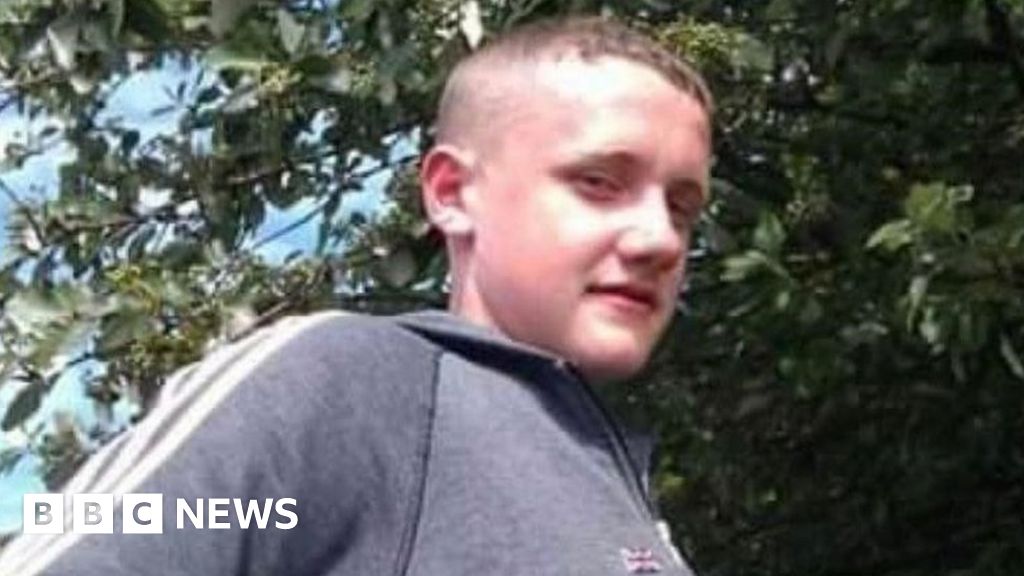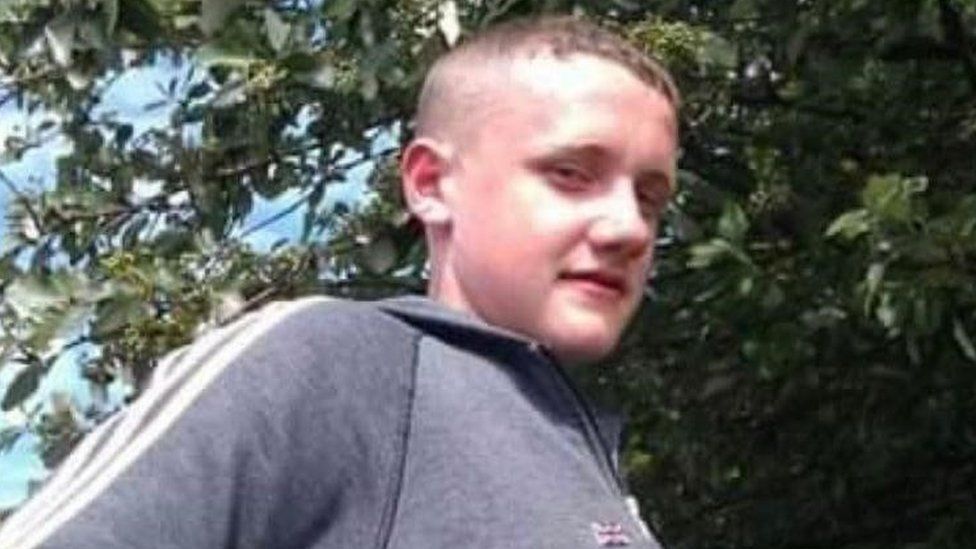文章管理 查看文章



The Prisoner Ombudsman has said she is deeply concerned financial pressure and Stormont inertia may be hindering improvements being made to inmate care.
Lesley Carroll's warning followed a report into James Fleck, 24, who died in 2019, five days after being found unresponsive in his cell at Maghaberry.
He had a history of depression, self-harm and drug dependency.
He had been in custody eight times in five years and was identified as being at risk of self-harm or suicide.
He was open about not wanting to address his addictions and about not being in need of support, said the ombudsman's report.
Ms Carroll found the overall care provided to Mr Fleck was equivalent to what he would have received in the community and the emergency response was "well delivered and in line with guidelines".
But, she went on: "We need to ensure that individuals in custody receive the best possible healthcare and to deliver this there need to be alternative models of care which are informed by investigations into Mr Fleck's death and others."
"However I am deeply concerned the resources required will not be made available, given the current demand on resources and the inertia in decision-making without an Assembly at Stormont."
"I am glad to confirm that Mr Fleck received the necessary health care supports and management by the Prison Service to keep him as safe as was possible.
"This is a challenging situation for prison officers who are dealing with someone convinced they are not in need of help when they have been assessed as being at risk.
"Sadly, despite the standard of care and attention Mr Fleck received, he lost his life."
On his first night at Maghaberry, he was held in an observation cell and checked every 15 minutes.
The next day, he was moved to a regular cell where checks were first conducted every hour and then reduced to every 30 minutes.
Later that night he was found unresponsive and transferred to Craigavon Area Hospital where he subsequently died.
An inquest has yet to be held but the post-mortem examination revealed the cause of death was pneumonia due to cerebral hypoxia caused by hanging.
Half of prisoners with addiction issues
Mr Fleck's parents welcomed the ombudsman's report and said they hoped the prison service would implement its recommendations immediately.
In a statement, they said they would cooperate with the coroner "to ensure the full facts are brought to light at the inquest".
Not a day goes by when they do not miss their son, they said.
The head of Northern Ireland's prisons also welcomed the report and praised the efforts of his staff.
"Any death in custody has a profound impact on our staff and I am reassured that they did all they could to keep James alive," said Northern Ireland Prison Service director general Ronnie Armour.
He highlighted the wider issue of addiction in prisons and the challenges this presents to prison and healthcare staff.
"In our three prisons we have almost 1,800 individuals, with over 30% having mental health issues and over 50% with addiction issues," he said.
Speaking on the publication of the report into Mr Fleck's death, Ms Carroll commented: "I am concerned that individuals with significant addictions, anxiety and depression find themselves in custody.
"The fact that Mr Fleck was in prison is a matter for the courts.
"And yet he is not alone in returning to prison on a number of occasions while continuing to be medicated for anxiety and depression and in need of addiction services."
She said she had previously flagged her concerns to the departments of health and justice.
Earlier this month the ombudsman's report into the death of a 22-year-old Maghaberry prisoner called for improvement in how people with complex needs are assessed and managed while in jail.
Daniel McConville died in the prison in 2018, shortly after he warned staff that he intended to self-harm.
If you have been affected by any of the issues raised in this article, you can visit the BBC's Action Line or contact the Samaritans.
Related Topics